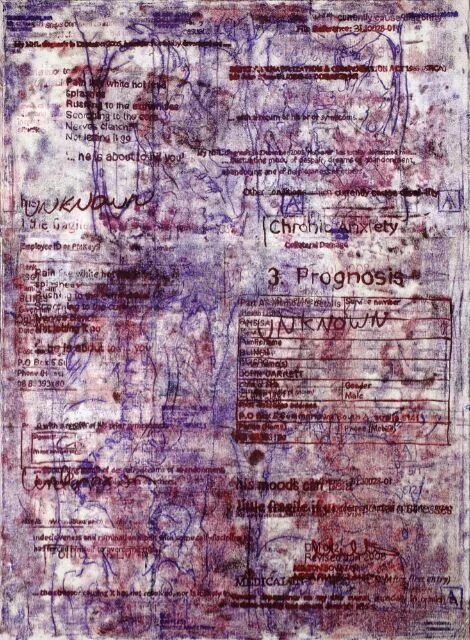The Mill is excited to welcome John Blines as the debut artists in our new visual arts residency series. Blines' work, Memorias Exspirare, explores intrusive childhood memories and their effect on mental health. The intent is to process memories that impact Blines' adult psychological health, through making. It is personal therapy and experimentation within the broader arts in health framework.
Over the course of three months Blines will establish a ‘studio’ within The Mill's Exhibition Space and create small objects, evolving and growing the collection as he delves deeper into memory. The exhibition also included previous ‘memory’ works as research, inspiration and nostalgia.
Blines will be present in The Exhibition Space on Sundays, Mondays and Thursday mornings. For more details watch this space and find The Mill's John Blines Face Book Event page.
This exhibition will also feature public engagement sessions, workshops, discussions and participatory making sessions. (Dates and times TBC.)
The Mill's Exhibition Space program presented in partnership with the City of Adelaide, highlights the practice of art-making and aims to make process more available to audiences.
Projects in The Exhibition Space aim to draw audiences deeper into the process of making, positioning them as central to artistic research. The Exhibition Space operates with a studio-like mentality where knowledge arises through participation and experimentation.
The Exhibition Space presents four 12-week residencies per year, alongside short feature exhibitions. Each resident artist will commit time to developing their practice through discussions, forums, workshops, research and artist talks - both with the artistic community and the general public. The Mill will expedite research by facilitating connections to community groups the artist may wish to engage with, to help broaden their practice.
The Mill believes art positions itself within transitions and passages; it opens opportunities for public incursions into the private and vice versa. Our residency program considers this as the potential performativity of practice.




